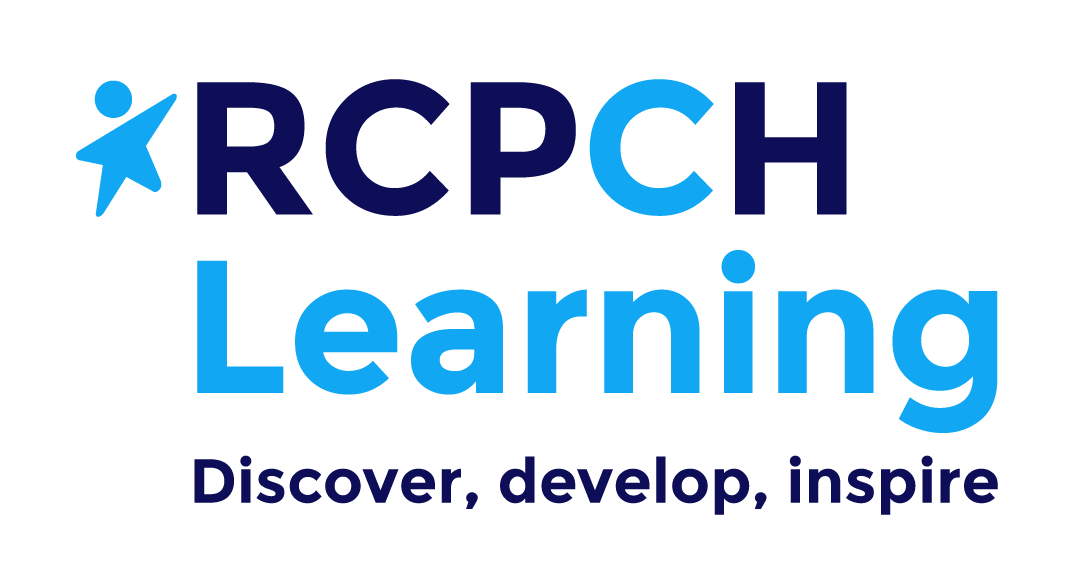How to Manage: Emotional and Behavioural Problems in Community Paedatrics
This online course will help you gain the skills and knowledge to effectively support children and young people experiencing emotional and behavioural problems, in community paediatrics.
What is the course about?
This online course will help you gain the skills and knowledge to effectively support children and young people experiencing emotional and behavioural problems, in community paediatrics.
Target Audience
- Paediatric Trainees
- SAS doctors
- Allied Health Professionals
- Consultant Community Paediatricians
- Paediatricians with an interest in Community Paediatrics or mental health.
Learning Aims, Objectives and Outcomes:
Aim:
This study day will enable you to effectively support children and young people with emotional and behavioural difficulties.
Outcome:
By the end of this course you will be able to:
- Describe the role of the community paediatrician in safeguarding and promoting the mental health of all children and young people
- Outline both the importance and limitations of attachment
- Advise on behavioural difficulties to parents and young people and develop strategies and skills to engage parents
- Enquire about and recognise mental health problems in children and young people with neurodevelopmental problems
- Discuss the use of formulation vs diagnosis in assessing mental health difficulties.
Faculty Lead

Dr Max Davie
Dr Max Davie is a Consultant Community Paediatrician, working in Lambeth as part of Guy's and St Thomas' Hospital NHS Trust Community Services. He has a special interest in the assessment and diagnosis of neurodevelopmental conditions in schoolage children and in the mental health of paediatric patients more generally. He is past convenor of the Paediatric Mental Health Association.
Related resources
-

How can paediatricians help parents who are struggling with a child’s behaviour?
Dr Max Davie presents a guide to approaching presentations with behavioural problems - an increasingly large part of paediatric work often, but not exclusively in the community - detecting underlying factors, engaging families in solutions and planning for better behaviour.
